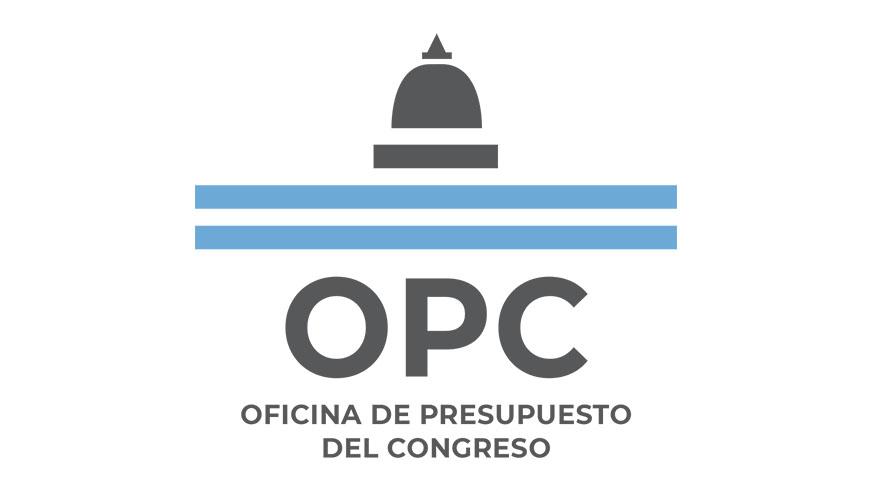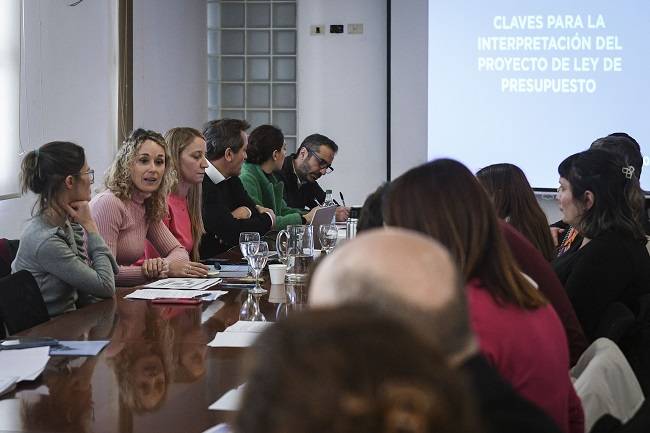
FISCAL IMPACT OF BILL S-2835-2022 FOR THE PATAGONIAN OLIVE GROWING PROMOTION REGIME
Bill S-2835-2022 proposes a promotion regime to encourage the production and industrial processing of table olives, marketable extra virgin olive oil and its derivatives in the Patagonian region. It proposes the following benefits for producers located in the region and whose production has an extension of up to 15 hectares under agro-ecological conditions: non-reimbursable contributions (ANR), whose maximum amount will be determined by the enforcement authority and loans at subsidized rates.
The estimation of the fiscal impact of the proposed measure would require information on the potential beneficiaries, as well as further specification of other relevant parameters.


